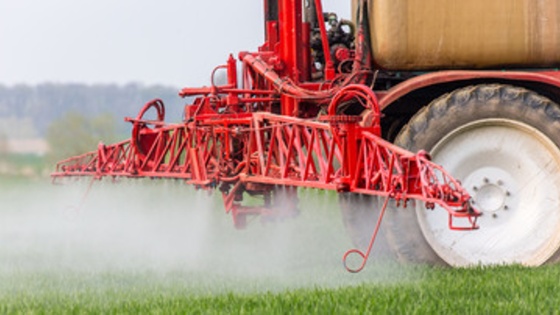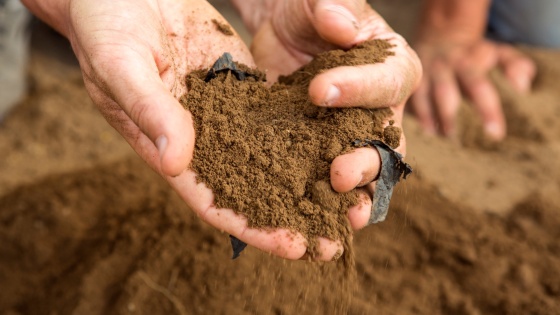Common poppy
Papaver rhoeas

Poppy control is becoming increasingly difficult due to resistance to certain herbicides. That, along with a huge seed return where seeds remain viable in the soil for several years has seen an increase in Poppy populations across the UK.
Common poppy is an annual weed, ca. 20 – 80cm tall.
| Leaves and flowers | Hairy upright stems (bleed white sap when broken) with dull green leaves. The flowers are large and red/orangey with four petals and sometimes a large black central spot. |
|---|---|
| Number of seeds produced per plant | Approximately 20,000 |
| Seed shed | June - August |
| Germination period | August - December (70%), February - May (30%) |
| Germination depth | 0.5cm |
| Primary dormancy | Less than 50% of shed seeds are dormant |
| Does it have a secondary dormany? | Yes |
| Seed longevity | >5 years (seeds are well known to be viable for many decades!) |
| Factor promoting germination | Light |
| Rate of seed decline with cultivations | 31% per year |
| Geographical location | Widely distributed across the UK, less abundant in northern Scotland. Tends to favour lowland areas. |
| Soil Type | Prefers moist soils and will thrive in bare ground. |
| Rotation | More difficult to control in brassica crops, but lengthening the rotation by growing broad leaved as well as cereal helps to avoid repeated applications of the same herbicides and allow the use of different herbicides and hence modes of action to control the weeds. |
| Impact | Poppy is competitive in oilseed rape and wheat, and a population of only 12 plants per m² will reduce yields by 5% in winter wheat. It can also be problematic in spring crops. |
| Herbicide resistance | ALS TSR Cases of broad leaved weed resistance are still low in the UK but resistance to ALS herbicide groups has been confirmed in over 70 poppy populations. All populations to date have shown target site resistance (TSR) to ALS-inhibitor herbicides but no cross-resistance has been found to other herbicide modes of action. |


